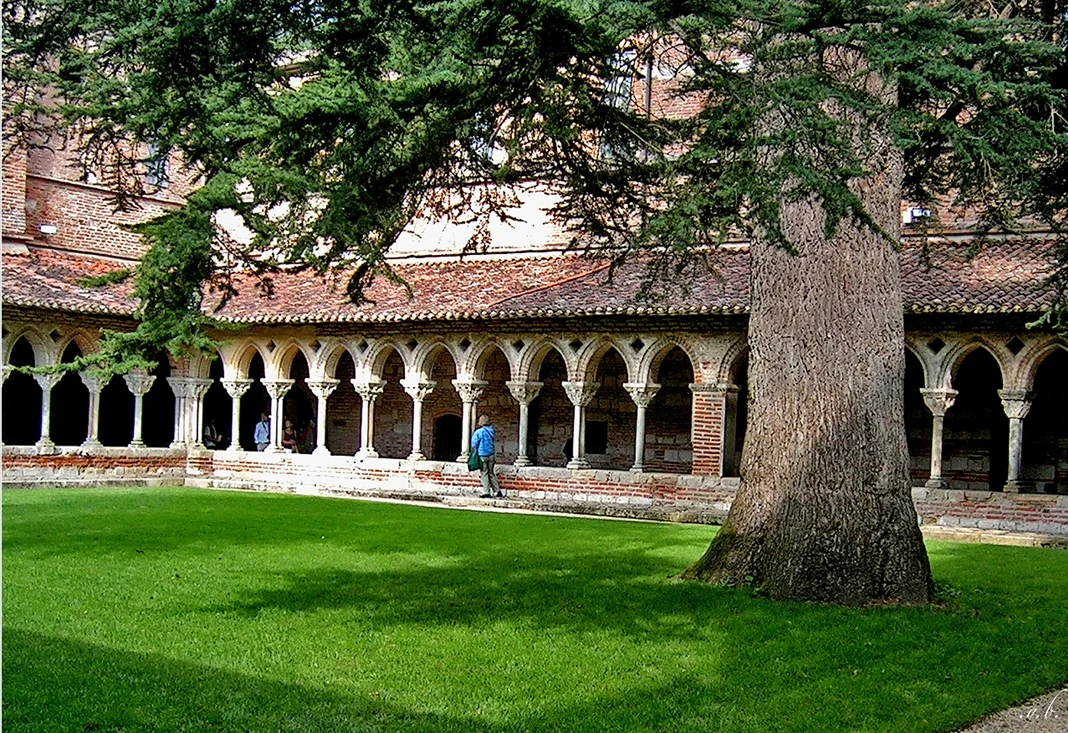Renewal (Rev. Steve Blackmer)
Nearly everyone is familiar with the story of Noah. In the biblical story, people have screwed things up so badly that God decides to begin all over. Following instructions, Noah packs his family and two of every kind of creature into a boat to ride out the storm by which God destroys — and remakes — the world:
It rained on the earth forty days and forty nights. That same day Noah, with his sons Shem, Ham, and Japheth, Noah’s wife, and his sons’ three wives, went into the ark. They and every kind of animal—every kind of livestock, every kind that crawls on the ground, every kind of bird— they came to Noah and entered the ark, two of every creature that breathes.(Genesis 7:12-15)
Because, as the great ecologist Aldo Leopold wrote, keeping “every cog and wheel is the first precaution of intelligent tinkering,” God charges Noah with saving all the parts. Not necessarily because they are useful, or marketable, or even tasty, but simply because they exist — because they are so cool, because God sees them and calls them good — and wants them to keep living.
In biblical language, 40 days signals a period of renewal — the time-frame in which a new creation comes to life. It takes 40 days to flood the world. Moses goes up the mountain for 40 days to bring commandments to the people. The Israelites wander in the wilderness for 40 years seeking the Promised Land. Elijah walks through the desert for 40 days to the holy mountain to hear the still small voice of God. Jesus is chased into the wilderness to fast for 40 days before beginning his work. He returns to Earth for 40 days after his resurrection to instill the Spirit of God in the people.
Each of these is a wild journey in which a world, a people, a self undergoes a spiritual/mythical death and rebirth — in a period of 40 days. Can it possibly be coincidence that a full-term human pregnancy is 40 weeks?
As we travel through this season of Lent — 40 days of preparation for the death and rebirth of Holy Week — I invite you to travel into the wildness of God. Such a journey of transformation does not take place in the comforts of the palace. It doesn’t happen online. It shuns popular culture. It happens outdoors, in the natural world, surrounded by all forms of life. Where the wildness is.
As C. S. Lewis wrote in The Lion, the Witch, and the Wardrobe, Aslan is not a tame lion: “Safe?” said Mr. Beaver… “Who said anything about safe? 'Course he isn't safe. But he's good.”
May all the wild goodness of God be yours in these days of preparation.
###
In 2009, Rev. Blackmer stepped away from a 25 year career in conservation to go to church for the first time in his life, be baptized, attend Yale Divinity School, and become a priest. Check out his emerging work at: Church of the Woods/Kairos Earth.
See more of Steve's posts on AllCreation here.







